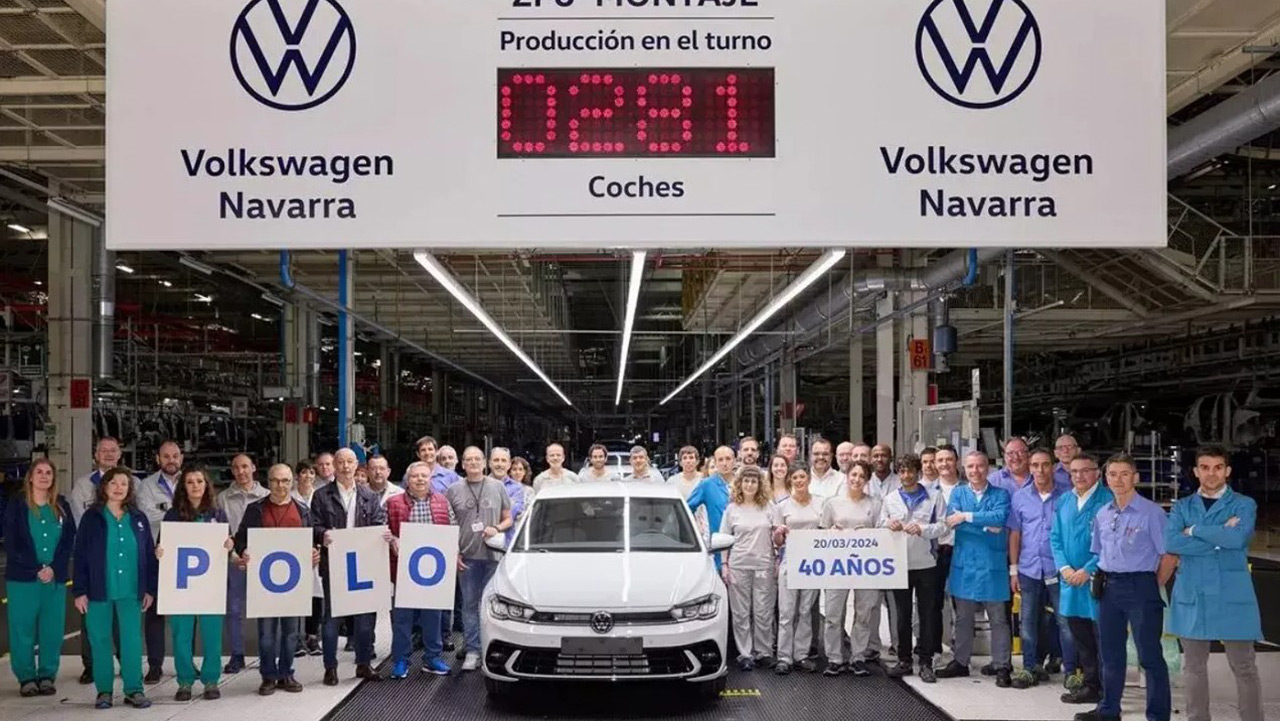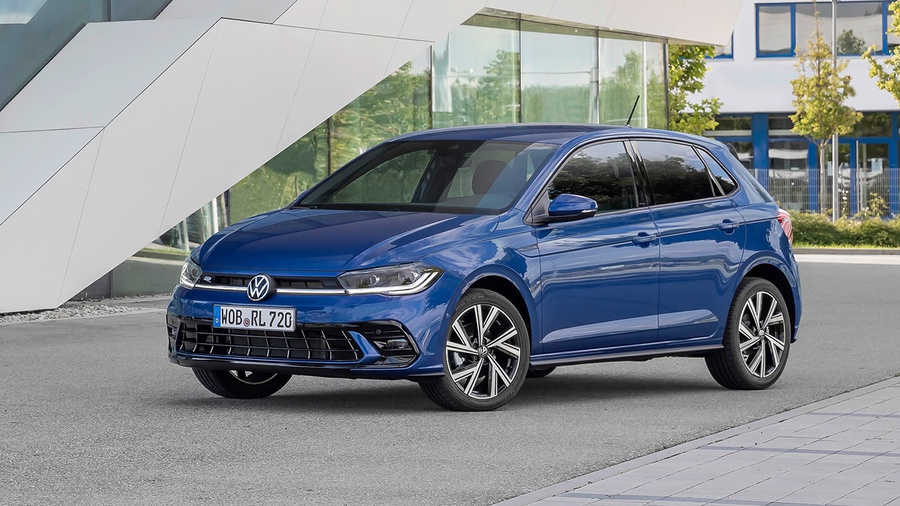After ending production of the Polo in July, Volkswagen's Pamplona plant in Spain is now preparing to assemble brand new electric vehicles. According to Automotive News, VW's small car can live on, and future vehicles for Europe will be built in South Africa.
The Pamplona plant is being completely rebuilt and the main assembly lines are being updated to adapt production processes to electrification. The plan is to assemble two new models there, one from Volkswagen and one from Skoda.
Production of the electric cars is scheduled to begin in 2026 and, although the identity of the vehicles is still shrouded in mystery, all indications are that they will be the VW ID.2 and the Skoda Epiq. Both will have the difficult task of generating volume for the Volkswagen Group in the electric market, and will face increasingly tough competition in this sector.
At the same time, the Spanish plant will continue to produce the current T-Cross and Taigo until the end of their respective life cycles (2026 and 2027). As the Polo is phased out, annual production will be reduced to 250,000 units in 2024 and 150,000 units in 2025.
In 2026, when the new electric cars go into production, the pace picks up again to 200,000 units. In 2027, 300,000 vehicles will be produced.
As mentioned earlier, all Polo production has been transferred to the Kariega plant in South Africa. Until the ID.2 is released, Volkswagen will supply the whole of Europe with units from the African plant. The move comes after more than 40 years of Polo production in Spain, where some 8,422,161 units have been built since 1984.
Source: Automotive News


